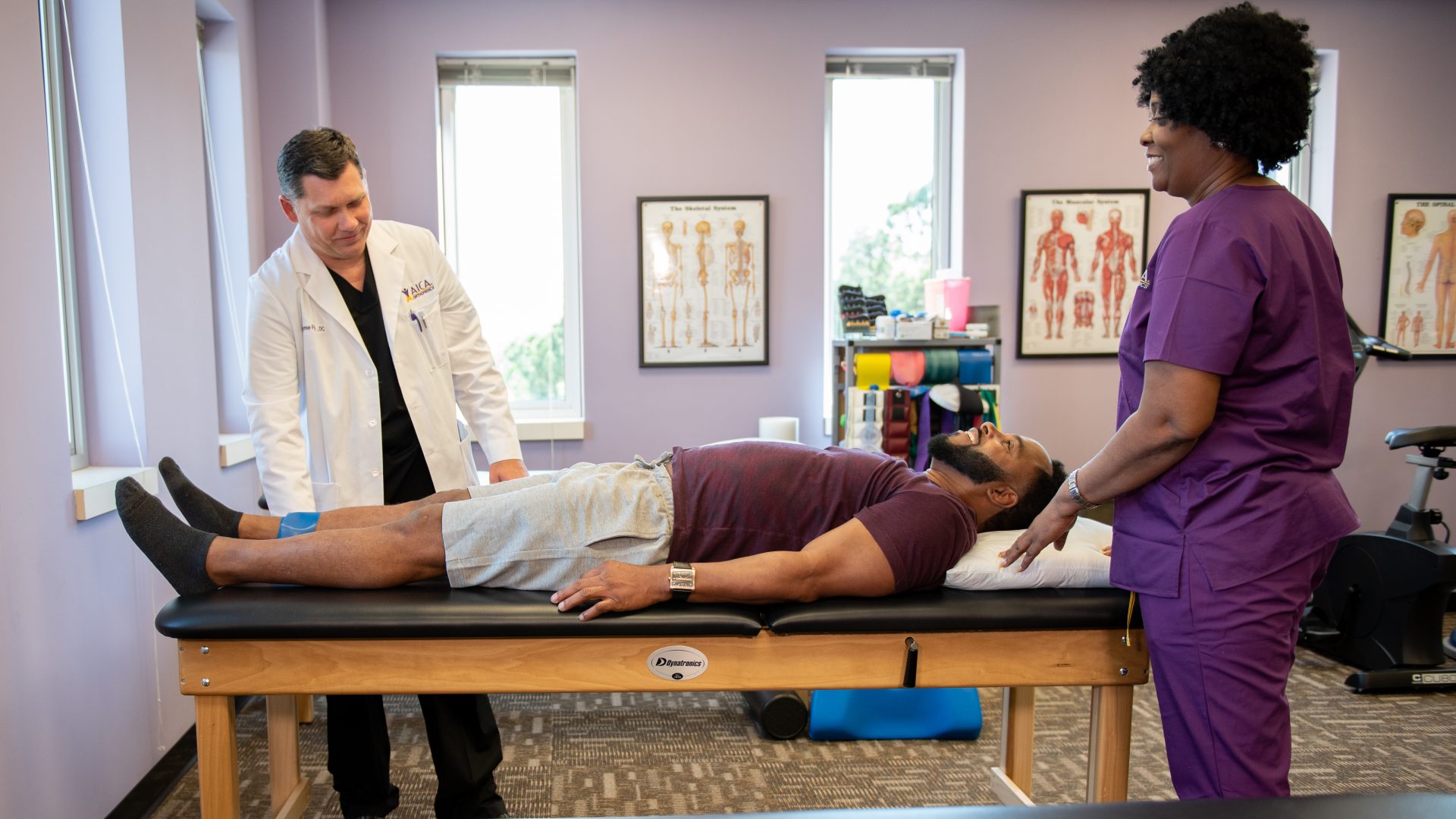What Is Physiotherapy?
Physiotherapy uses physical methods to treat disorders, diseases, and injuries. It may utilize massage therapy, exercises, manipulation of a particular area of the body, medication, or surgery. Musculoskeletal physiotherapy is the most common method of treating individuals with this branch of medicine. It treats issues lying in the muscles or skeletal systems, such as sprains, strains, back pain, and arthritis. This is the type of physiotherapy that most people with injuries will be treated with. Another method of treatment includes neurological physiotherapy. This treats individuals who have had strokes, who are living with a spinal cord injury, or who are otherwise dealing with a neurological injury, disease, or disorder. This type of physiotherapy often involves spinal manipulations, massage therapy, and neurological exercises. Cardiothoracic physiotherapy treatments will help those with respiratory problems, such as asthma or bronchitis. Whatever the type of treatment, physiotherapy always aims to improve body function, alleviate pain, and bring about health, all the while supporting your body’s natural processes and innate ability to heal itself.
Physiotherapy After an Accident
Car accidents and injuries are the most common occurrences that bring people into our office to work with a physiotherapist. This branch of medicine seeks to improve the body’s function as a whole, rather than just treating one area or dealing with one symptom. It involves looking at how all of the body’s primary systems—muscular, skeletal, and nervous—work together to bring about optimal function, health, and wellness. Physiotherapy after a car accident or injury can help you find pain relief faster, as well as increase your strength, flexibility, coordination, and balance. It will not only get you to where you were before the accident or injury, but it can help bring you to new levels of endurance, strength, and optimal body function.
Physiotherapy for Other Conditions
Depending on your personal circumstance, physiotherapy may look completely different for you than it does for someone else. You may do strength exercises, have neuromuscular massage therapy, undergo joint manipulation, work on stretching, or undergo electrotherapy treatment. Whether you’re experiencing limited mobility, neurological issues, chronic pain, or something else, our physiotherapy specialists can provide you with excellent treatment to ensure you heal quickly and improve your quality of life as soon as possible.
State of the Art Imaging and Testing Equipment
When you experience pain or injury, a physical examination can only tell orthopedic specialists so much information. Limited information can be beneficial, but it still may not be enough to fully diagnose and treat your health concerns completely. With imaging technology, AICA orthopedic specialists can use precise images to pinpoint the exact cause of your injury or pain. Specific tools are utilized based on your type of injury so give physiotherapists the most accurate look at the problem area. Some common types of imaging scans or tests utilized by physiotherapists are CT scans, X-Rays, MRIs, EMGs, or NCS testing.














